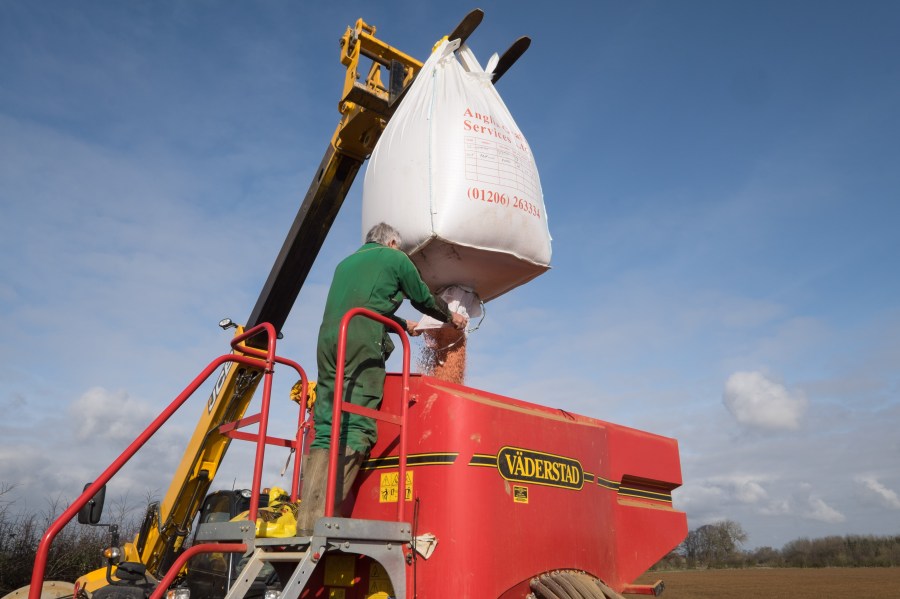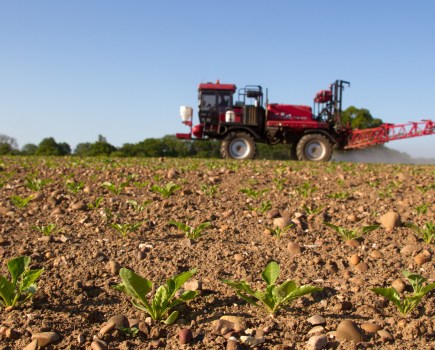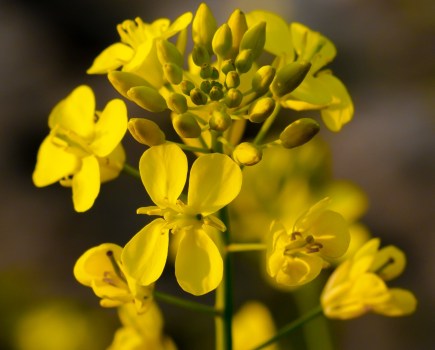Growers are being urged to make spring seed decisions early, as popular varieties are likely to be in short supply following the extreme weather in 2018. CPM reports.
Delayed drilling due to the ‘Beast from the East’ and little rainfall between May and August has impacted seed availability for 2019.
While popular varieties are currently still available, overall supplies are down, according to Jonathan Baxendale, combinable seed product manager at Wynnstay.
“RGT Planet is a high yielding feed and malting barley variety, particularly for growers in the West, which is likely to be our most popular variety this spring,” he says.
“Propino is also expected to be in demand, although it’s slightly lower yielding than Planet, alongside Laureate which has full Institute of Brewing and Distilling (IBD) approval.”
Secure seed supplies
As a result of the seed shortages, growers are being urged to secure seed supplies as early as possible to ensure they get the variety of choice.
“If you are considering growing a new malting barley, LG Diablo is expected to be popular this year and is currently one of the highest yielding spring barleys on the Recommend List,” says Jonathan.
“It’s getting a lot of end user interest already from seed mills, maltsters and brewers, so I recommend ordering now.
“For those looking to grow a variety for whole crop or baled straw, Kelim is once again likely to be the variety of choice due to its good grain yield and extremely tall straw,” he adds.
Bean shortages
Spring cereals were not the only crops to take a hit in 2018, with stocks of spring beans also expected to be low.
“Significant bruchid beetle damage, along with the drought, caused low yields in spring beans at harvest and poor germination scores,” says Jonathan.
“A derogation has been brought in that will allow spring bean seeds with a lower germination score; a minimum of 70%, to be sold in order to meet demand.
“A similar derogation has been granted for spring oats with a minimum germination of 75% being approved.”
In order to avoid disappointment, Jonathan recommends making cropping decisions as early as possible. “Don’t hedge your bets as you may well end up with second best varieties or even not be able to grow your species of choice.”




